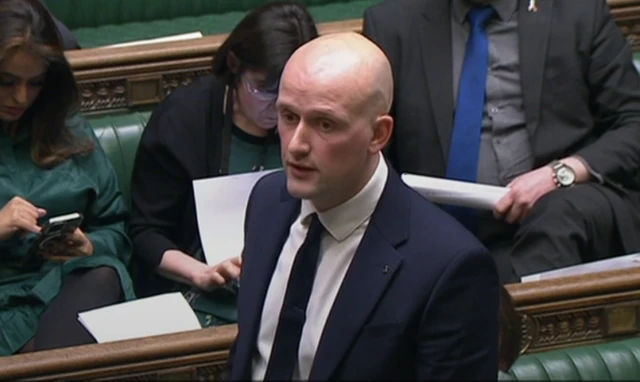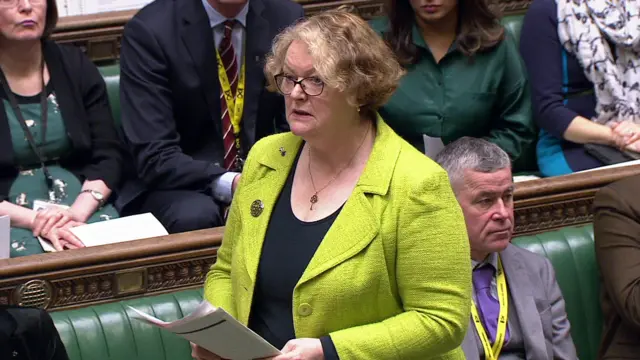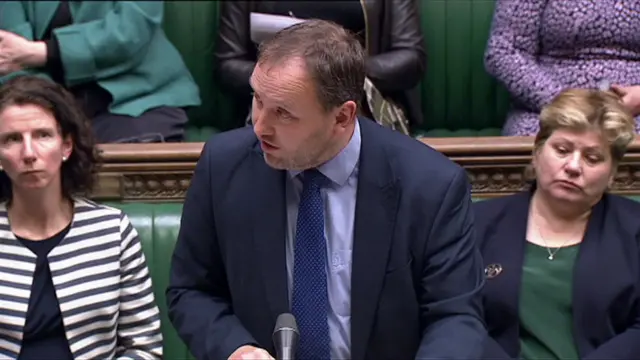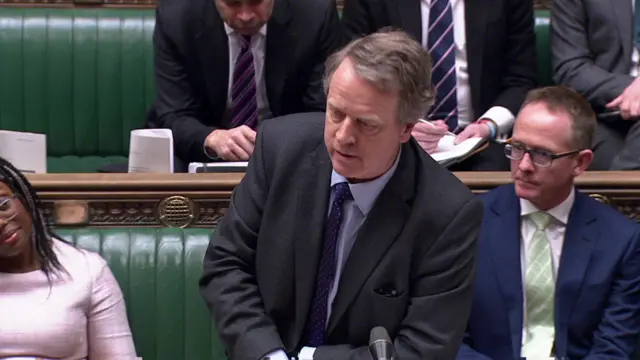Is there a solution?published at 16:09 GMT 17 January 2023
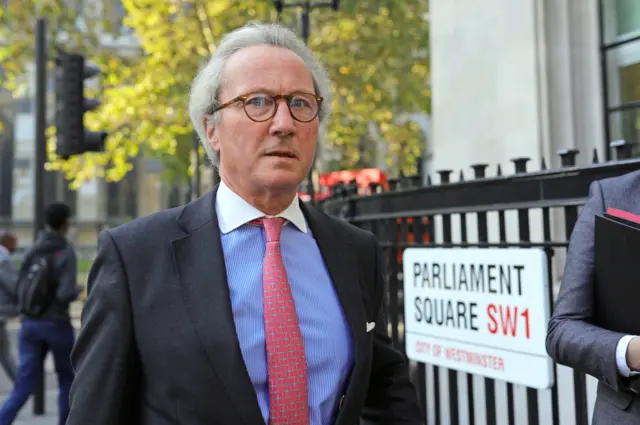 Image source, PA
Image source, PAConservative peer Lord Richard Keen
Legal minds are wondering whether there is a way through this.
Could the Scottish legislation be redrafted?
Lord Richard Keen, a Conservative peer, was Advocate General for Scotland from 2015 to 2020.
This morning, he told Radio 4's Today programme he hopes there can be a solution, but exactly what it would look like, is "a more complex question".
"It would require them to look again at what is actually meant here by gender reassignment and gender recognition
"Under the present legislation, it's necessary that there should be a medical diagnosis of gender dysphoria. The Scottish legislation would do away with that, it needs to be revisited with care."
